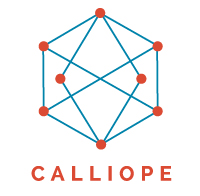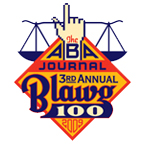Shining A Light On The LEED-ND Legal Bogeyman
LEED-ND is one of the newest members of the LEED family. According to the USGBC,
The LEED for Neighborhood Development Rating System integrates the principles of smart growth, urbanism and green building into the first national system for neighborhood design.
Neighborhoods or communities apply to be LEED-ND certified, like buildings, and are evaluated by the USGBC and certified in a similar fashion.
Sean Suder writes about alleged new legal issues arising with LEED-ND, the LEED product for Neighborhood Development. According to Suder,
Those government planners and legislators currently responsible for imparting their value judgments will be forced to compete with those of the USGBC and the invisible hand of the market. Urban planning at the governmental level may become subordinated to these other forces.
In essence, Suder creates a bogeyman of a private entity setting standards for how neighborhoods are created and what rules people have to follow within them:
The decisions made by the USGBC will not impact just one building, one developer or one tenant. Instead, LEED-ND has the potential to impact entire communities well beyond the development that is being certified. The USGBC has been charged to do so by the market, outside of the purview of elected officials or government planners and without any legal oversight or review.
If all Americans lived in traditional urban environments where zoning and land use decisions were made by government entities, I might agree with Suder's position. But it has not been that way for 100 years. Developers establish "communities" with standards for what color houses must be painted and how wide the driveways can be. Enforcement of these decisions are then passed on to non-profit--but private--homeowners associations. According to Evan Mackenzie, in his excellent book Privatopia, in 1960 there were fewer than 500 homeowners associations, by 1992 there were 150,000 homeowner associations governing the land use and property rights of 32 million Americans. Land use decisions and requirements have long been made by market-driven, private entities. LEED-ND is nothing new in this regard.
LEED-ND is a development tool. Developers will incorporate LEED-ND principles into their covenants and restrictions when creating LEED-ND communities, much as they have new urbanist principles. Cities may also choose to adopt these principles, but the citizens will be protected by all of the due process requirements which inure when land use decisions are made by municipal governments. Like the bogeyman in a child's closet once you shine a light on it, it disappears.

 Shari focuses on energy, environmental and building code policy, representing international companies, non-profits and trade associations in their policy and communications campaigns
Shari focuses on energy, environmental and building code policy, representing international companies, non-profits and trade associations in their policy and communications campaigns

